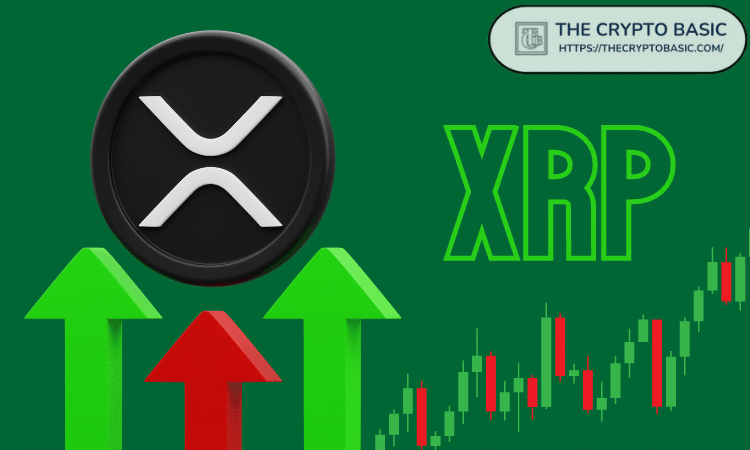Blockchain is arguably the next big thing after the emergence of electricity and the internet. It has started transforming businesses at an unimaginable rate, and those who have not been using the technology are now trying hard to get acquainted, master, and apply it to their organizational processes.
Blockchain is very critical to the 21st-century business because it is a foundational technology with the potential to be tweaked in many ways to suit diverse business operational needs.
Recall, just at the infant stage of the internet, blockchain started to propel the lives of people and businesses alike.
READ: Crypto: Large investors transfer over 700,000 Ethers
What you should know
Blockchain is a digital ledger where transactions are processed. The name originated from its concept, where records known as ‘Blocks’ are connected to a single linear pattern, known as ‘Chain’ – hence, Blockchain.
What experts are saying
Adebayo Juwon, Marketing Lead, FTX Africa, in an exclusive note to Nairametrics, spoke on the efficiency modules the technology brings to businesses on a global scale;
“Business owners are always seeking for means to scale their businesses, getting a competitive edge over others while being profitable at the same time. Recently, many of the top companies across the globe have been working towards achieving their goals with Blockchain technology.
READ: Where to invest your N5m to N500m safely and securely
“Corporations need to understand how to work efficiently. Blockchain has proven that collaboration is possible. It has empowered people to freely send, receive, and verify data transactions with less trust.
“Data on blockchain is verifiable and secured with the use of advanced Cryptography, which makes it resistant to unauthorized changes and hacks. Cost of intermediaries is also eliminated, making transactions more efficient. Using Blockchain technology for business transactions is almost instantaneous, which I believe most entrepreneurs will find welcoming.”
READ: PenCom should pay 50% of workers’ pension at retirement – TUC
Chimezie Chuta, a leading Blockchain expert and founder Blockchain Nigeria User Group, spoke on the reliability the technology propel to businesses worldwide;
“Blockchain technology solves the problem of trust in business transactions, whether it has to do with the exchange of money, records, or even goods and services. With Blockchain, code is law within an environment devoid of trust.
When there is a need to have a public immutable record of transactions, blockchain is the answer. When there is no benefit, it doesn’t make much sense to use a blockchain. When this is the case, stand‐alone Cryptography is the solution to the problem.”
READ: Sterling Bank gets CBN approval for restructuring
Chike Okonkwo, Business Development Manager, OKEx, spoke to Nairametrics on how the technology brings security to businesses;
“Through protected Cryptography, it secures the data ledgers which helps promote trust and prevent fraud.
“After a process of maximum trust verification, transactions/data are stored in blocks contained in millions of computers participating in the chain, and these transactions are recorded in chronological order in all the blocks.
READ: Bitcoin mining difficulty reach an all-time high
“The data stored on the blockchain can be verified from their point of origin. With the help of smart contracts, businesses can pre-set conditions on the blockchain.
“Blockchain technology is currently being experimented in sectors like agriculture, banking, healthcare, education, e-commerce, property, mining, retail, transport and logistics, media and entertainment, automotive, and the list goes on.”
READ: Blockchain technology expected to tackle Africa’s challenges across industries
In a report credited to Pricewaterhouse Coopers, it stated that “Blockchain technology would lead to substantial gains by pooling processes through a shared, encrypted database. Goldman Sachs considers that the consistent and coordinated use of Blockchain technology in banking could save the industry between US$ 3 billion and US$ 5 billion a year in KYC and anti-money laundering (AML) costs.”
Explore Data on the Nairametrics Research Website
Some of the advantages of Blockchain technology in businesses include;
- Ease of monitoring transactions – It makes it easier for businesses to track their products and transactions, because of its integrated transparency properties, providing operational managers the tools for a higher level of authenticity, reliability, and most importantly accountability.
- Site security – A prominent American based digital currency exchange, Coinbase, uses the technology to facilitate payment processes for its customers, and to date has never been hacked, because of its high level of integration with the technology.
- Profit – Another credible example is the world-renowned payment company, Visa. Four years ago, it introduced a blockchain platform that would deal with business-to-business payment services, which has helped to increase its profit margins over the years.
- Reduces operational costs – It enables the removal of intermediaries or unnecessary middlemen linked to record-keeping and reconciliation of transactions.
- Enhances credibility – It can be used to facilitate digital contracts and safeguarding deals, which makes it difficult to for the contracts to be forged or altered in any way, thereby enhancing credibility.
- Simplifies supply chain management – It makes the supply chain management process of businesses simpler; thus, offering a cost-effective method of tracking products and services without inefficiencies and guess works. Unilever, a consumer goods juggernaut, is presently using the technology in monitoring transactions on its supply chain, and it has reduced operating costs in that regard.
READ: Has petroleum product deregulation finally come to roost?
Finally, it is important to note that Blockchain will assist in curbing global complexity by combining decentralization, security, and transparency.






























